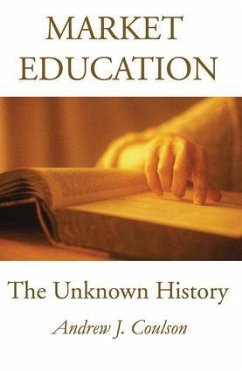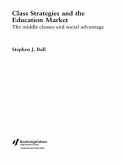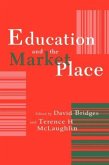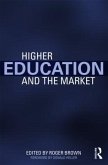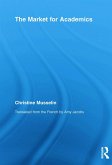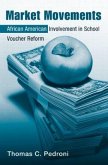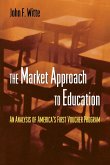Discontent with public education has been on the rise in recent years, as parents complain that their children are not being taught the basics, that they are not pushed to excel, and that their classrooms are too chaotic to encourage any real learning. The public has begun to reject school bond levies with regularity, frustrated by what it perceives to be mounting education costs unaccompanied by increased achievement or accountability. Coulson explores the educational problems facing parents and shows how these problems can best be addressed. He begins with a discussion of what people want from their school systems, tracing their views of the kinds of knowledge, skills, and values education should impart, and their concerns over discipline, drugs, and violence in public schools. Using this survey of goals and attitudes as a guide, Coulson sets out to compare the school systems of civilizations both ancient and modern, seeking to determine which systems successfully educated generations past and which did not. His historical study ranges from classical Greece and ancient Rome, through the Islamic world of the Middle Ages, to nineteenth-century England and modern America. Drawing on the historical evidence of how these various systems operated, Coulson concludes that free educational markets have consistently done a better job of serving the public's needs than state-run school systems have. He sets out a blueprint for competitive, free-market educational reform that would make schools more flexible, more innovative, and more responsive to the needs of parents and students. He describes how education for low-income children might be funded under a market system, and how the transition from monopolistic public education to market education might be achieved. Coulson's Market Education touches on a wide range of issues, including declines in academic achievement, minority education, the role of public school teachers, and mismanagement and corruption in educational bureaucracies. Coulson examines alternative reform proposals from vouchers and charter schools to national standards for school curricula. This timely and engaging book will appeal to parents, educators, and others concerned with the quality and cost of schooling, and will serve as an excellent resource in college courses on the economics and history of education.
Hinweis: Dieser Artikel kann nur an eine deutsche Lieferadresse ausgeliefert werden.
Hinweis: Dieser Artikel kann nur an eine deutsche Lieferadresse ausgeliefert werden.

